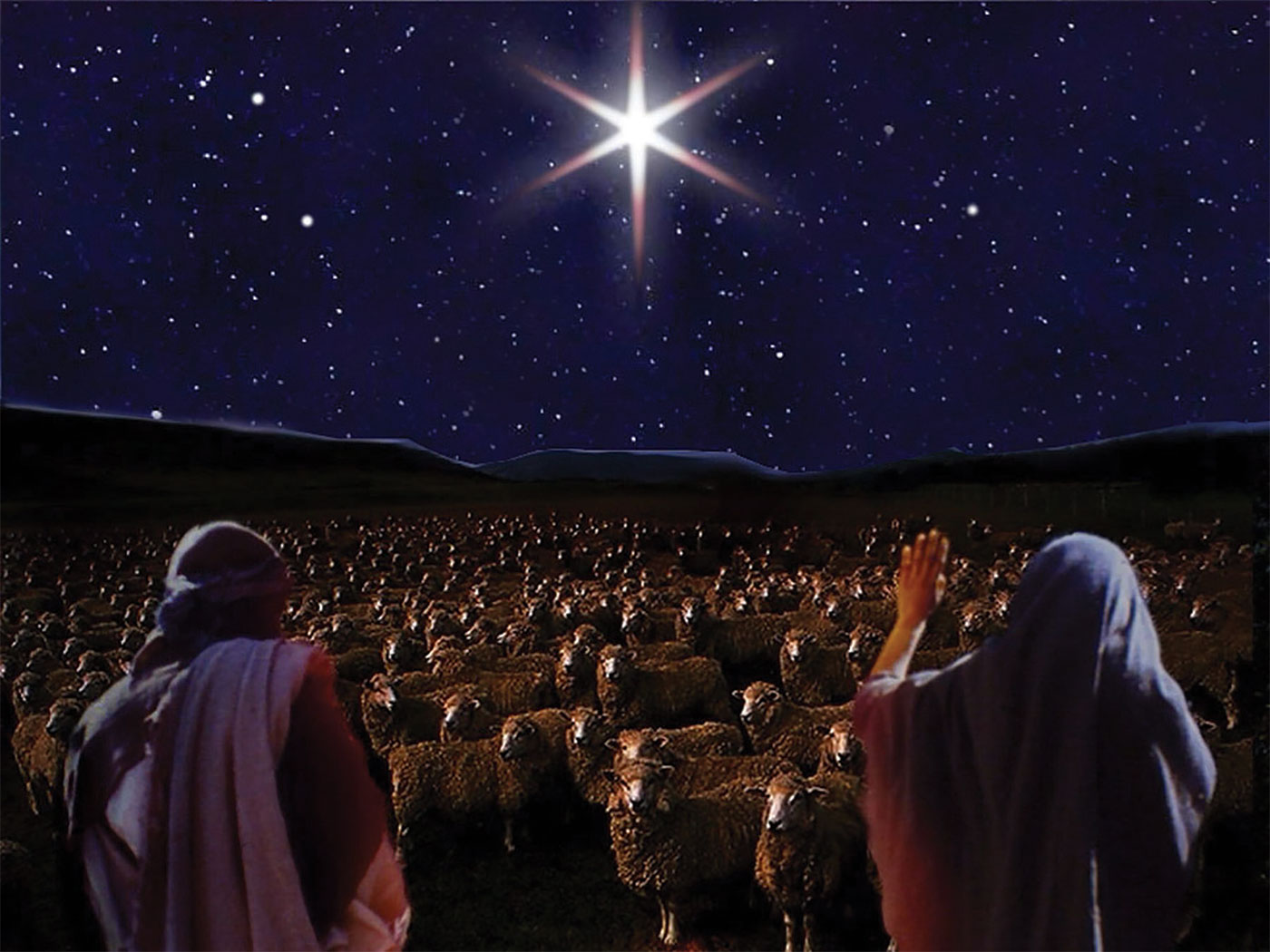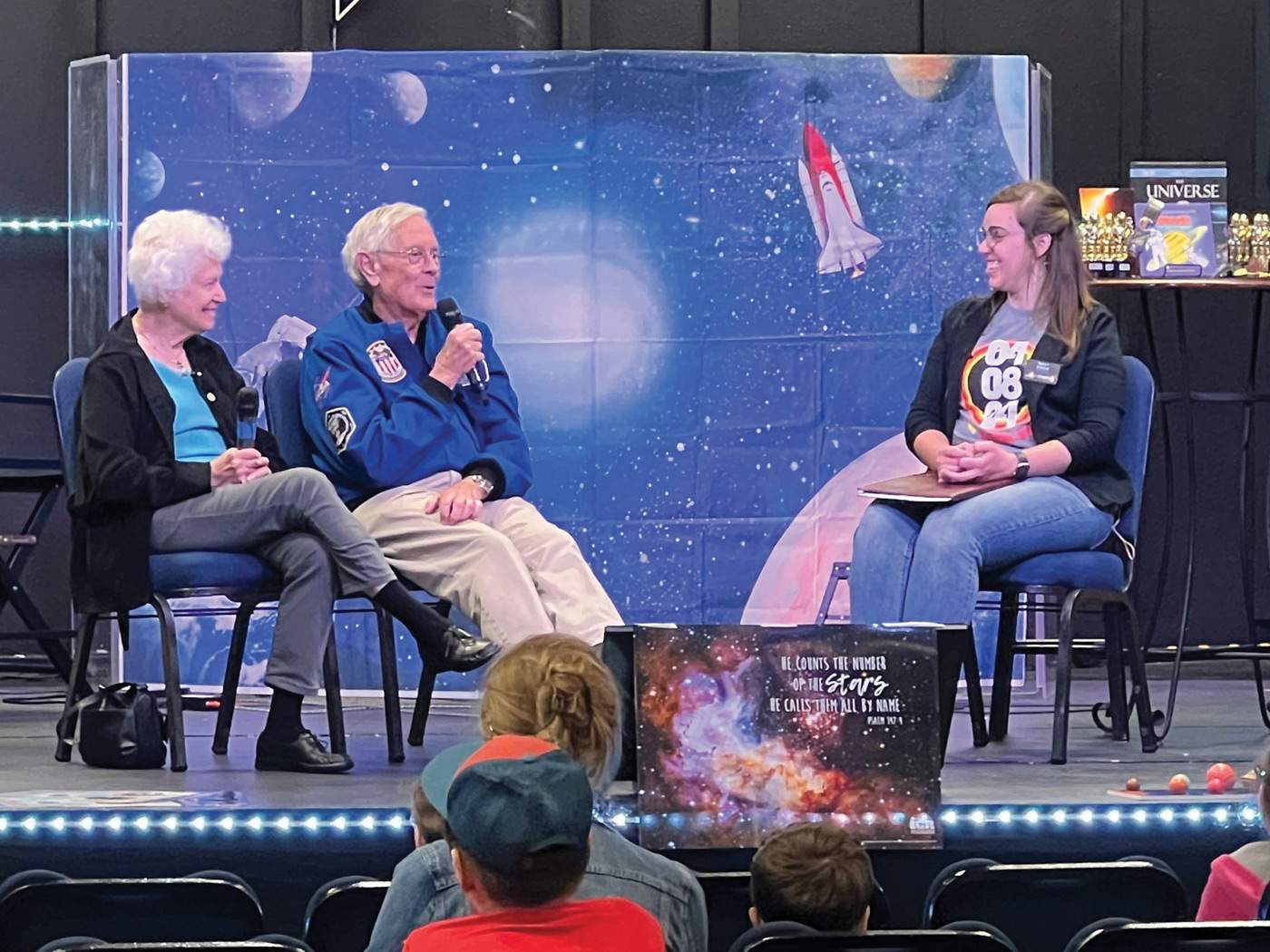Just what did dinosaurs eat?
One way researchers are finding out is by studying coprolites, or fossilized dinosaur dung. And as it turns out, some dinosaurs ate rice plants. But if flowering plants like rice did not evolve until millions of years after dinosaurs lived—as evolution maintains—how could dinosaurs have eaten them?
Some coprolites contain phytoliths, which are uniquely shaped microscopic crystals manufactured by various plant tissues. Most phytoliths are made of silicon dioxide, the same chemical that comprises sand. Scientists examining these tiny grains can often discern from which plant they came.
For example, in 2005, researchers found phytoliths from grass, palm trees, conifers, and other flowering plants in (probably sauropod) dinosaur coprolites from India.1 "It was very unexpected….We will have to rewrite our understanding of its evolution….We may have to add grass to the dioramas of dinosaurs we see in museums," palaeobotanist Caroline Strömberg told Nature News at the time.2
Recently, Strömberg and two of her co-authors from the 2005 study described coprolite-encased phytoliths that are so similar to those made by certain modern rice plants that those found in dinosaur rocks "can be assigned to the rice tribe, Oryzeae, of grass subfamily Ehrhartoideae."3 They collected these samples from the same Indian rock layers, the Lameta Formation, that contained their 2005 finds.
This find joins others that have shown that rice, grass, palm trees, and conifers from dinosaur rocks were essentially the same as their living counterparts. It's as though millions of years of plant evolution never occurred.
The Lameta formation includes sedimentary layers interbedded with volcanic rock layers. It is huge, covering a large area of India.4 The Flood described in the book of Genesis is the best explanation for this scale of upheaval, showing that the fossils found there resulted from the Flood.
Thus, these coprolites show that rice plants existed before the Flood. Either rice had diversified from an originally created grass that was common to many other grasses, like wheat and bamboo, or God created rice grasses separately from other grass kinds. Studies show that rice grasses do not hybridize with other grasses.5 These dinosaur-eaten phytoliths add weight to the idea that rice was a distinct creation from the beginning.
According to Scripture, God created all the grasses, plants, and grazing mammals, along with any grazing dinosaurs like sauropods, by the sixth day of the creation week. As far as what the fossils have shown, Scripture is right.
References
- Prasad, V. et al. 2005. Dinosaur Coprolites and the Early Evolution of Grasses and Grazers. Science. 310 (5751): 1177.
- Simonite, T. Dinosaurs munched on grassy snacks. Nature News. Posted on nature.com November 17, 2005, accessed October 27, 2011.
- Prasad, V. et al. 2011. Late Cretaceous origin of the rice tribe provides evidence for early diversification in Poaceae. Nature Communications. 2 (9): 480.
- Thomas, B. Did Snakes Prey on Dinosaurs 67 Million Years Ago? ICR News. Posted on icr.org March 16, 2010, accessed October 31, 2011.
- Wood, T. C. 2002. A baraminology tutorial with examples from the grasses (Poaceae). Journal of Creation. 16 (1): 15- 25.
* Mr. Thomas is Science Writer at the Institute for Creation Research.
Article posted on November 4, 2011.














